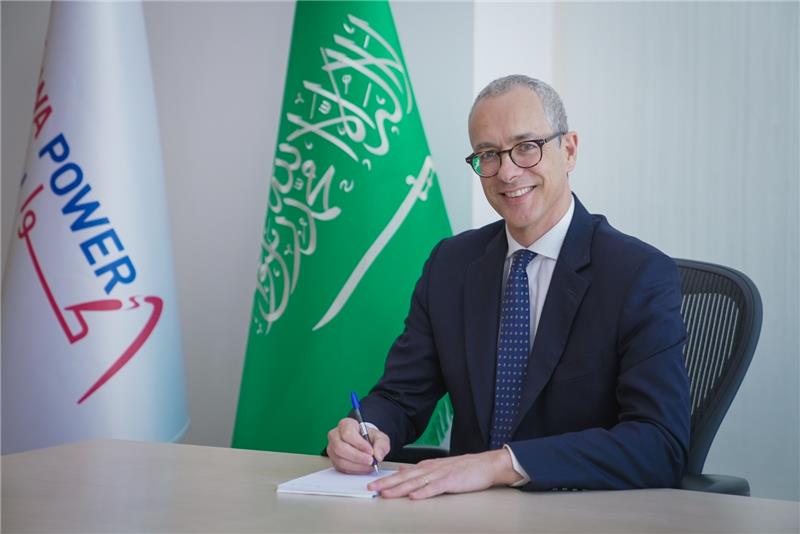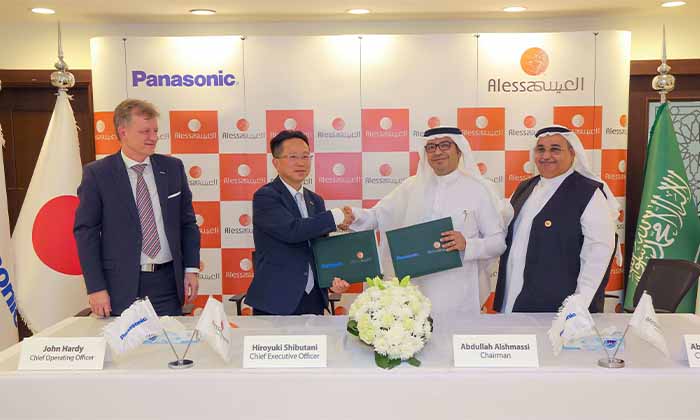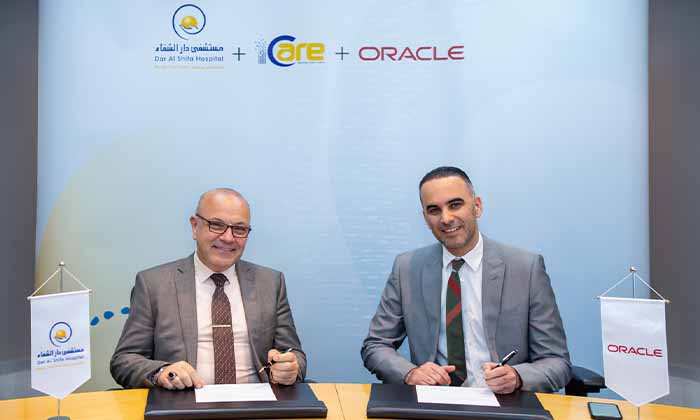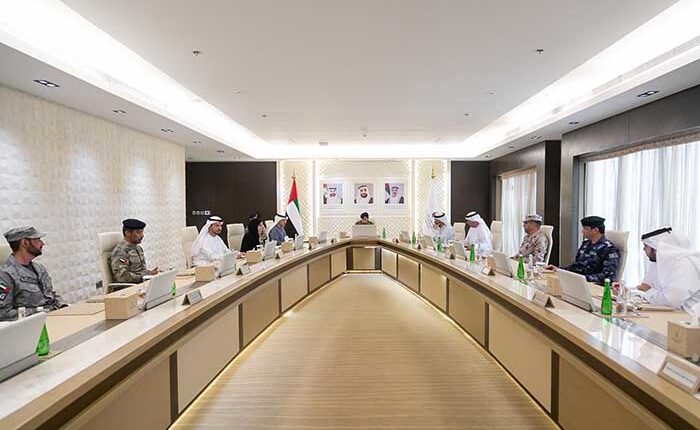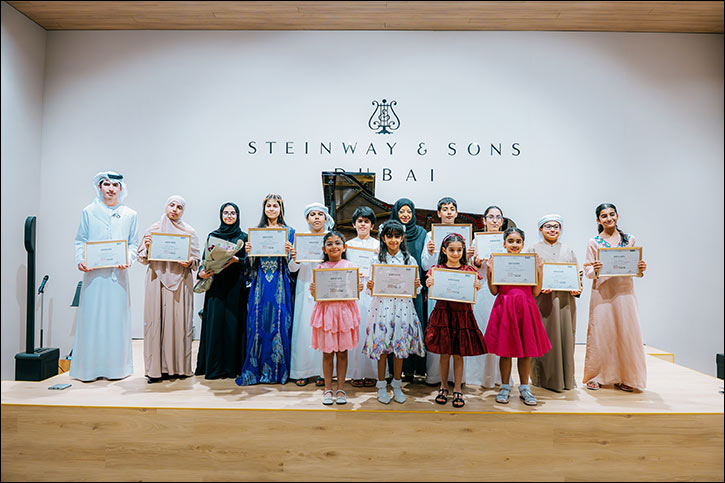- Two-thirds say their best days lie ahead and more than half convinced they will do better than their parents
- More than nine in 10 GCC citizens say their national economy is heading in the right direction, but 83% in the Levant and 61% in North Africa say the opposite about their economies
With Covid-19 restrictions easing and the economy recovering in some Middle Eastern countries, Arab youth are the most optimistic they have been for five years, with 64% saying their best days lie ahead and 54% convinced they will have a better life than their parents. In contrast, confidence that their economy is moving in the right direction now stands at just 47%, down from 53% five years ago.
These are some of the highlights of the 14th Annual ASDA’A BCW Arab Youth Survey, the largest study of the Middle East & North Africa’s largest demographic, its 200 plus million youth, released today by ASDA’A BCW, the region’s leading communications consultancy.
ASDA’A BCW commissioned IDS Research & Consultancy to conduct face-to-face interviews with 3,400 Arab citizens aged 18 to 24 in their home nations from May 13 to June 16. Interviews with an equal sample of men and women took place in 50 cities across a total of 17 Arab states.
According to the research, optimism for the future is highest among GCC citizens, with 87% saying their best days lie ahead. Nearly two-thirds (61%) of young Arab men and women in North Africa and 45% in the Levant are also optimistic.
More than half overall say they will have a better life than their parents, but again, the picture varies around the region, with 72% in the GCC saying they will do better than their parents, but only half of Arab youth in North Africa and just over a third in the Levant countries sharing their view.
There is further divergence on their views about the economy. Ninety-three per cent of GCC citizens say their national economy is heading in the right direction, but 61% in North Africa and 83% in the Levant say the opposite about their economies. The fall-out from the Ukraine crisis and approaching global economic headwinds could test their resolve even further.
The apparent knock-on effect of the challenging economic conditions in different parts of the Arab world is an increasing desire to seek a new life abroad. When asked about their priorities over the next 10 years, the top priority of Arab youth is to finish their education, second is to embark on a successful career, and third is emigrating to a new country.
Nearly half of Arab youth (45%) say they are either actively trying to emigrate or have considered emigrating – up from 42% in 2020 and 33% last year. Young Arab men and women in North Africa are the most eager to seek a new life abroad (58%), followed by those in the Levant (53%) and the GCC (21%).
Their preferred destinations? Canada (22%), Germany (19%) and the US (17%), with the UAE ranked fourth (14%).
Presented under six distinct themes – Identity, Livelihood, Politics, Global Citizenship, Lifestyle and Aspirations – the 14th Annual ASDA’A BCW Arab Youth Survey reveals a generation attempting to chart a new course away from the divisions of the seismic events of the early 2010s.
“By their nature, Arabs are an optimistic people – and the results show this again, with two-thirds saying that their best days lie ahead, but tensions emerge when we examine their aspirations more closely,” said Sunil John, President, MENA, BCW and Founder of ASDA’A BCW.
“The past 12 months have seen huge changes within societies, particularly in the UAE and Saudi Arabia. The UAE enacted the largest legal reforms ever seen in the country, including permitting 100% foreign ownership for companies outside freezones, enhanced digital infrastructure laws, and significant changes to personal and family law – all boosting the country’s reputation for a liberal and modern outlook. Even across the border in the more conservative Saudi Arabia, reform has continued.
“The impact of these changes is a wide divergence in the views of Arab youth on their economic prospects, with those in the GCC optimistic about the future and their peers in the Levant and North Africa increasingly concerned,” added John.
To know more about the findings, log on to arabyouthsurvey.com
-ENDS-
